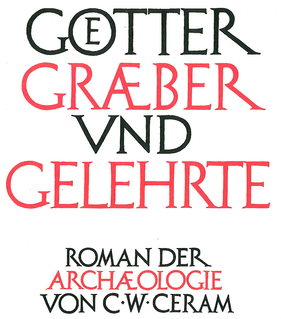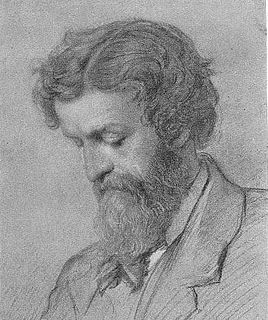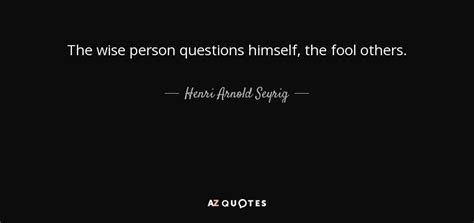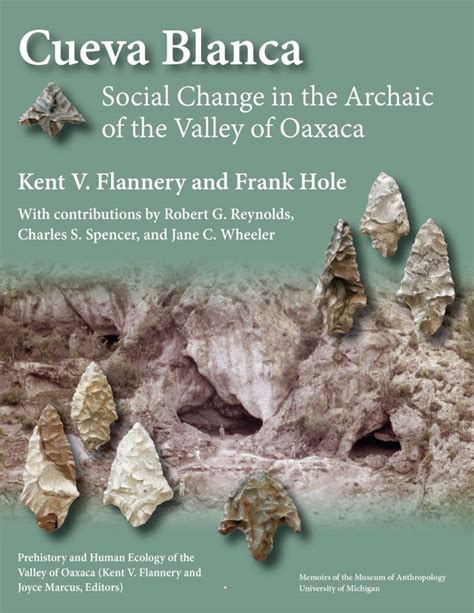A Quote by Randall Price
Archaeology in general is the recovery and study of the material culture of past civilizations. Biblical archaeology is as an application of the science of archaeology to the field of biblical studies. Through the comparison and integration of Scripture with the evidence of history and culture derived from archaeology, new insights into the biblical context of people and events, and sometimes the interpretation of the text itself, are possible. In this way archaeology serves as a necessary tool for biblical exegesis and for apologetic concerns.
Quote Topics
Apologetic
Application
Archaeology
Biblical
Civilizations
Comparison
Concerns
Context
Culture
Derived
Events
Evidence
Exegesis
Field
General
His Way
History
History And Culture
Insights
Integration
Interpretation
Itself
Material
Necessary
New
Past
People
Possible
Recovery
Science
Scripture
Sometimes
Studies
Study
Text
Through
Tool
Way
Related Quotes
Archaeological evidence provides significant help in interpreting the Gospels. In a sense, archaeology is an exegetical tool. To ignore the evidence of archaeology would be almost as irresponsible as making no appeal to the original text. The archaeological evidence is a vital component in the context of Scripture.
Biblical archaeology was developed early in this century in an effort to substantiate the authenticity of the Biblical account. It's by now generally recognized in Biblical scholarship that it has done the opposite. The Bible is not a historical text, and has only vague resemblances to what took place, as far as can be reconstructed. For example, whether Israel ever existed is not clear; if so, it was probably a small kingdom somewhere in the hills, apparently virtually unknown to the Egyptians.
We, including many Christians, read the Bible through "eyes" conditioned by, and even accommodated to, modern Western culture plus the influences of messages and ideas from other cultures that are alien to the worldview of the biblical writers. Therefore, in order fully to understand the Bible and allow the Bible to absorb the world (rather than the world - culture - absorb the Bible) we must practice an "archaeology" of the biblical writers' implicit, assumed view of reality.
The Bible is an ancient text from an ancient context. We live thousands of miles and thousands of years away from that context, which also represents different cultures. Archaeology is a modern means of revealing both the lost record of the ancient world, and the historical and social world of the Bible. While the purpose of archaeology is not to prove the historicity of the people and events recorded in Scripture, it can help immeasurably to confirm the historical reality and accuracy of the Bible and to demonstrate that faith has a factual foundation.
Archaeology, I found, comprehended all manner of excitement and achievement. Adventure is coupled with bookish toil. Romantic excursions go hand in hand with scholarly self-discipline and moderation. Explorations among the ruins of the remote past have carried curious men all over the face of the earth… Yet in truth, no science is more adventurous than archaeology, if adventure is thought of as a mixture of spirit and deed.
One of the things that I love to do is travel around the world and look at archaeological sites. Because archaeology gives us an opportunity to study past civilizations, and see where they succeeded and where they failed. Use science to, you know, work backwards and say, 'Well, really, what were they thinking?'
Indiana Jones: Archaeology is the search for fact... not truth. If it's truth you're looking for, Dr. Tyree's philosophy class is right down the hall. ... So forget any ideas you've got about lost cities, exotic travel, and digging up the world. We do not follow maps to buried treasure, and "X" never, ever marks the spot. Seventy percent of all archaeology is done in the library. Research. Reading.


































